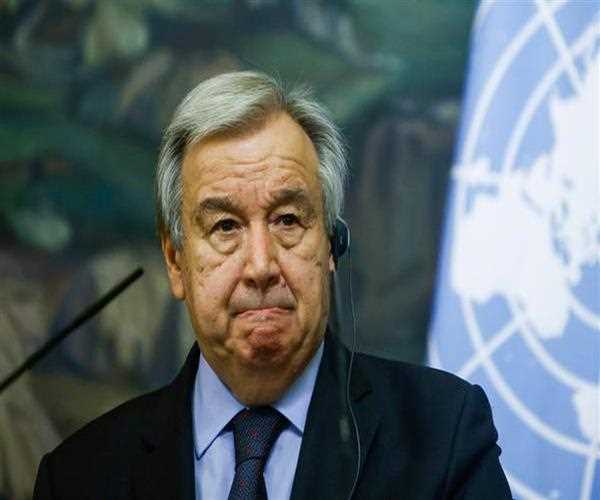The current Secretary-General of the United Nations is António Guterres. He was appointed on January 1, 2017, succeeding Ban Ki-moon, and is serving a five-year term that will end on December 31, 2021. In June 2021, his term was extended for another five years, until December 31, 2026, by the General Assembly.
António Guterres was born on April 30, 1949, in Lisbon, Portugal. He studied physics and electrical engineering at the Instituto Superior Técnico in Lisbon before entering politics. In 1974, he joined the Socialist Party of Portugal, which had just come to power following the Carnation Revolution that ended the dictatorship in the country. He was elected to the Portuguese parliament in 1976 and served as the Minister of State for Parliamentary Affairs in the government of Prime Minister Mário Soares from 1981 to 1983.

In 1992, Guterres was elected as Secretary-General of the Socialist Party and led the party to victory in the 1995 general election. He served as Prime Minister of Portugal from 1995 to 2002, during which time he oversaw significant economic and social reforms, including the introduction of the Euro as the country's currency.
In 2005, Guterres was appointed as the United Nations High Commissioner for Refugees (UNHCR) by the UN General Assembly. He served in this role for ten years, during which time he was involved in responding to some of the world's largest refugee crises, including those in Syria, Afghanistan, and Iraq.
As Secretary-General of the United Nations, Guterres has prioritized several key issues, including climate change, conflict prevention, and gender equality. He has also focused on strengthening the UN's peacekeeping operations and reforming the organization to make it more effective and efficient. In addition, he has advocated for greater cooperation between the UN and its member states and for the organization to be more responsive to the needs and aspirations of people around the world.
During his first term as Secretary-General, Guterres faced several challenges, including the COVID-19 pandemic, ongoing conflicts in Syria and Yemen, and rising tensions between the United States and Iran. He also faced criticism from some quarters for not doing enough to address human rights abuses in countries like Myanmar and China.
Overall, however, Guterres has been widely praised for his leadership of the UN and his commitment to promoting peace, security, and sustainable development around the world. His reappointment for a second term is seen as a vote of confidence in his vision and his ability to lead the organization during these challenging times.